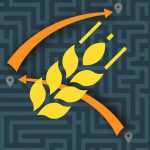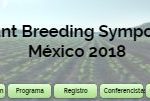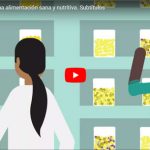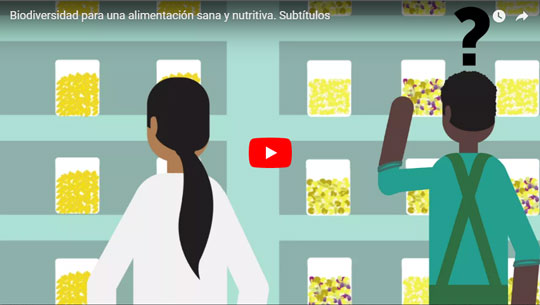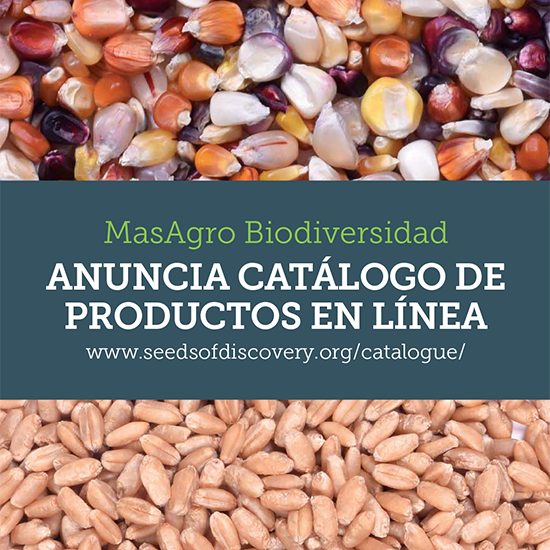
Maize landrace expert and genebank curator Juan Manuel Hernández from INIFAP next to a regeneration plot. ©2012 (CIMMYT)
Who is who
The SeeD initiative has brought together a broad network of players and partners from both Mexican and International institutions that continues to expand:
Management Team
The SeeD Management Team at CIMMYT coordinates the SeeD maize and wheat research portfolios, provides technology support, supports and drives joint data-mining efforts, and facilitates the strengthening of research capacities in Mexico. Sarah Hearne manages the Maize research portfolio.
Other SeeD scientists based at CIMMYT include specialists in field-based phenotyping of maize and wheat, high-throughput genome-profiling, statistical and molecular genetics, biometrics, mathematics and software development.
SeeD is an integral part of both the CGIAR Research Programs on Maize (MAIZE) and Wheat (WHEAT), where it contributes genetic variation and associated knowledge to other program components.
Mexican organizations participating in SeeD: Past and present
- BIDASEM Productora y Comercializadora de Semillas
- CIMAT (Centro de Investigación en Matemáticas)
- CINVESTAV (Centro de Investigación y de Estudios Avanzados)
- CNRG (Centro Nacional de Recursos Genéticos)
- ICAMEX (Instituto de Investigación y Capacitación Agropecuaria, Acuícola y Forestal del Estado de México)
- INIFAP (Instituto Nacional de Investigaciones Forestales, Agrícolas y Pecuarias)
- ITESM (Instituto Tecnológico y de Estudios Superiores de Monterrey)
- LANGEBIO (Laboratorio Nacional de Genómica para la Biodiversidad)
- UAAAN (Universidad Autónoma Agraria de Antonio Narro)
- UAEM (Universidad Autónoma del Estado de México)
- UdeG (Universidad de Guadalajara)
- UPFIM (Universidad Politécnica de Francisco I. Madero)
- + others in the future
If you are interested in becoming a partner/working with SeeD, please contact Kevin Pixley at (k.pixley@cgiar.org).
International partners:
The project includes participants from institutions outside of Mexico such as:
- Diversity Arrays Technology (DArT; genotyping and software development), Australia
- James Hutton Institute (JHI; software development), United Kingdom
- Institute for Genomic Diversity (IGD; genotyping) at Cornell University, United States
- The International Center for Agricultural Research in the Dry Areas (ICARDA; wheat characterization), Lebanon
- Govind Ballabh Pant University of Agriculture and Technology (GBPUAT; wheat pathology), India
- South Dakota State University (SDSU; wheat pathology), United States.
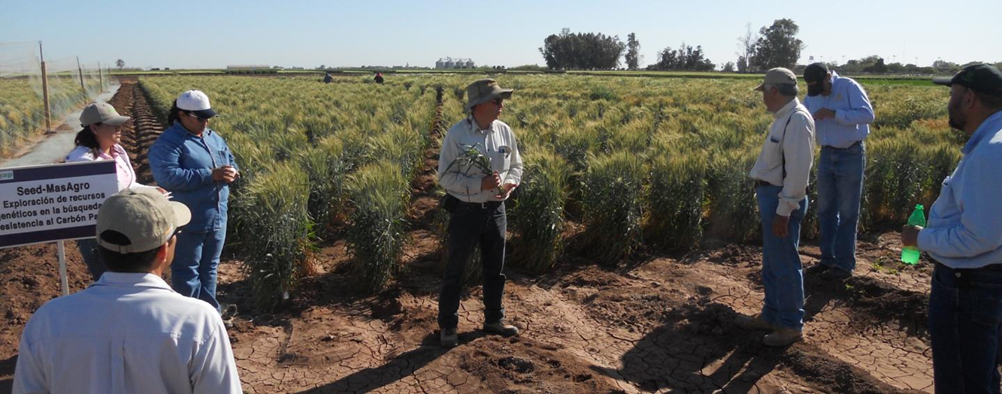
Field day demonstration of a karnal-bunt trial run by INIFAP wheat pathologist Guillermo Fuentes. ©2012 (CIMMYT)
For more information please contact us at: seed@masagro.org
